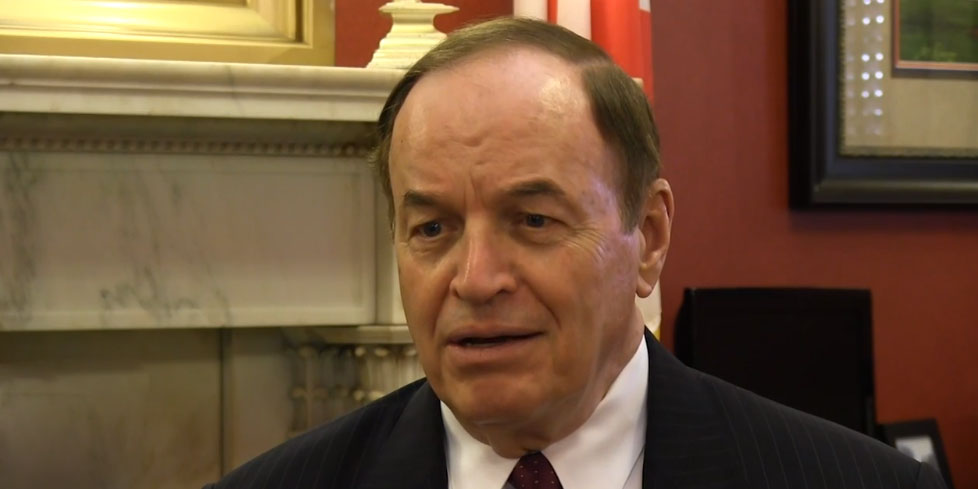(Video above: Palmer discussing The Protecting Patients and Physicians Against Coding Act)
WASHINGTON — The Medical Association of the State of Alabama officially endorsed H.R. 2652, the Protecting Patients and Physicians Against Coding Act, authored by Congressman Gary Palmer (R-AL 6). The bill, introduced earlier this month, seeks to ensure doctors providing treatment to medicaid and medicare patients are still compensated while they change over to a complex new federally-mandated coding system.
The 10th revision of the International Statistical Classification of Diseases and Related Health Problems (ICD-10) is the newest version of the medical coding system, which includes 55,000 more physician diagnostic codes than its predecessor, as well as 87,000 new procedural codes.
The bill would institute a 2-year grace period, allowing healthcare providers more time to adopt the complex new coding system.
“We are very concerned about the ICD-10 mandate,” said George “Buddy” Smith Jr., M.D., president of the Medical Association of the State of Alabama. “Not only does it not improve patient care, but it may provide insurers four times as many reasons to deny necessary medical services and procedures because of coding errors.”
“Many medical practices are facing serious problems with the implementation of ICD-10 and we should act to ensure there is no disruption in patient care. The Protecting Patients and Physicians Against Coding Act will help to ensure that patients will still have access to healthcare during this period of transition,” Palmer said in a press release announcing MASA’s endorsement.
Dr. Chad Mathis, Palmer’s opponent in last year’s race for the sixth congressional seat, joined MASA in supporting the bill. As as a board member of the Alabama Orthopaedic Society, Mathis voiced his support for the legislation in a letter to the Congressman.
In the letter, Mathis stated that the new coding system “will be devastating for many physicians in small practices, rural health care centers and most likely some state Medicaid programs who have lacked the financial resources, staff expertise and time to make the necessary changed especially with regards to technology.”
Mathis also listed several items to further ensure that the new coding system is integrated in a way that will ease the transition for physicians. These suggestions include: a study to prevent unintended consequences of the code, looser documentation requirements and that all future meetings of the Clinical Coding Advisory Committee be made public.
The bill already has 32 cosponsors, including Budget Committee Chairman Tom Price, Rules Committee Chairman Pete Sessions and fellow Alabama Representatives Aderholt (R-AL4), Brooks (R-AL5), Byrne (R-AL1), and Rogers (R-AL3).
“Physicians are in medicine to provide patient care, not to focus on implementing a complicated and burdensome federally mandated coding system,” said Palmer. “Everyone who is concerned about small-town and rural health care should support this common sense bill.”












